 After the End Trilogy Box Set
After the End Trilogy Box Set Mega Post-Apocalyptic Double Bill
Mega Post-Apocalyptic Double Bill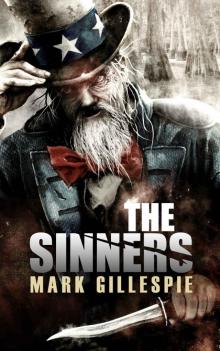 The Sinners: A Post-Apocalyptic Thriller (After the End Trilogy Book 2)
The Sinners: A Post-Apocalyptic Thriller (After the End Trilogy Book 2)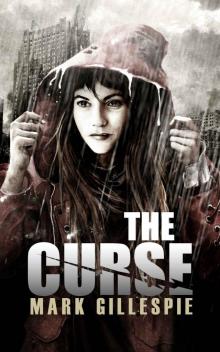 The Curse: A Post-Apocalyptic Thriller (After the End Trilogy Book 1)
The Curse: A Post-Apocalyptic Thriller (After the End Trilogy Book 1) Scream Test: An unforgettable and gripping psychological thriller
Scream Test: An unforgettable and gripping psychological thriller The Future of London Box Set
The Future of London Box Set The Dystopiaville Omnibus: A Dystopian Sci-Fi Horror Collection
The Dystopiaville Omnibus: A Dystopian Sci-Fi Horror Collection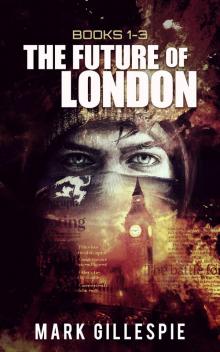 The Future of London: (L-2011, Mr Apocalypse, Ghosts of London)
The Future of London: (L-2011, Mr Apocalypse, Ghosts of London) L-2011
L-2011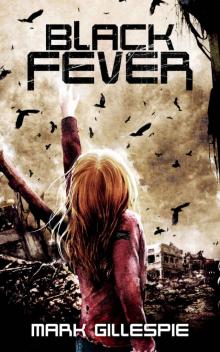 Black Fever: A Post-Apocalyptic Survival Thriller (The Black Storm Trilogy Book 2)
Black Fever: A Post-Apocalyptic Survival Thriller (The Black Storm Trilogy Book 2) The Exterminators Trilogy: A Post-Apocalyptic Thriller Box Set
The Exterminators Trilogy: A Post-Apocalyptic Thriller Box Set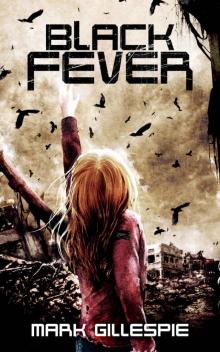 Black Fever_A Post-Apocalyptic Survival Thriller
Black Fever_A Post-Apocalyptic Survival Thriller